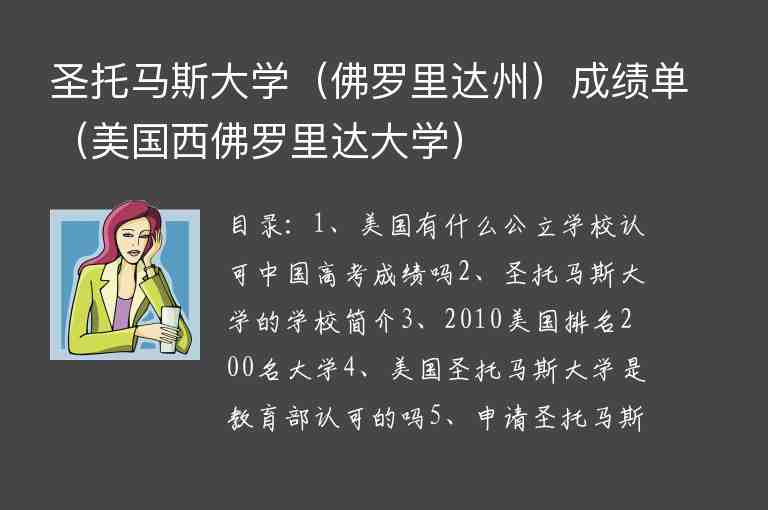穷苗苦根是指生长在贫瘠土地上的植物,因缺乏养分和水源而生长艰难,形态瘦弱。这个词语通常用来比喻生活困苦、处境艰难的人或群体。
How to pronounce: [qióng miáo kǔ gēn]
Usage: 这个词语通常用来比喻生活困苦、处境艰难的人或群体。
Example sentences:
1. 他们是穷苗苦根,但却依然坚持着自己的梦想。
They are like struggling plants, but they still hold on to their dreams.
2. 在这片穷苗苦根的土地上,他们仍然保持着乐观的心态。
On this barren land, they still maintain an optimistic attitude.
3. 这个小镇上的居民大多是穷苗苦根,但他们仍然相互帮助,共同渡过难关。
Most of the residents in this town are struggling, but they still help each other and overcome difficulties together.
4. 她出身贫寒,但凭借自己的努力和勇气,摆脱了穷苗苦根。
She came from a poor family, but with her efforts and courage, she got rid of the difficult living conditions.
5. 尽管生活在穷苗苦根之中,他们仍然保持着对生活的热爱和希望。
Despite living in difficult conditions, they still maintain their love and hope for life.
Synonyms and usage:
1. 穷困潦倒 [qióng kùn liáo dǎo]:形容贫穷困苦的境况。
2. 贫穷落后 [pín qióng luò hòu]:形容经济条件差,生活水平低下。
3. 日暮途穷 [rì mù tú qióng]:比喻处境绝望,无法挽回。
4. 贫困地区 [pín kùn dì qū]:指经济欠发达、人民生活水平低下的地区。
Editor's summary:
穷苗苦根是一个比喻性的词语,常用来形容生活困难、处境艰难的人或群体。它可以用来表示个人或集体在经济、社会或心理等方面遇到的困境。在使用时,可以与同义词如“穷困潦倒”、“贫穷落后”等搭配使用。同时,在写作时也要注意避免重复使用该词语,可以通过换用同义词来增加文章的表现力。
